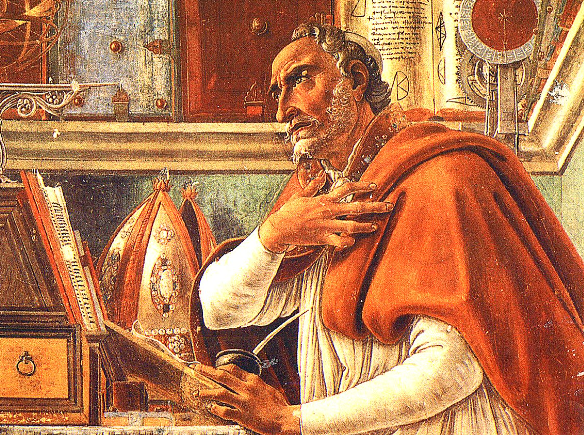Saint Augustine: Father of Western Christianity
Saint Augustine, a towering figure in Christian history, significantly shaped Western thought through his writings and teachings. His influence permeates theology, philosophy, and literature, making his insights relevant even in today’s world. Understanding Augustine’s contributions helps illuminate the foundations of Western Christianity and the development of modern thought.
The Life of Saint Augustine
Augustine was born in 354 AD in what is now Algeria and lived during a time of great cultural and religious upheaval. His early years were marked by a pursuit of pleasure and success, but he experienced a profound transformation after reading the Scriptures and hearing the sermons of Bishop Ambrose. Augustine’s conversion led him to become a priest and later the Bishop of Hippo, where he dedicated his life to spreading the Christian faith. His personal journey underscores the universal themes of struggle, redemption, and the search for truth, resonating with many believers today.
Key Works and Ideas
One of Augustine’s most influential writings is “Confessions,” an autobiographical work that delves into his spiritual journey and the nature of God. In “The City of God,” he contrasts the earthly city with the heavenly city, providing a framework for understanding human history and divine purpose. His exploration of concepts such as original sin, grace, and free will has profoundly impacted Christian doctrine, influencing theologians like Martin Luther and John Calvin. Augustine’s thoughts have shaped the way Christians view morality and human nature, making his works essential reading for anyone interested in religious studies.
Augustine’s Role in Philosophy and Church Doctrine
Beyond theology, Augustine made significant strides in philosophy, particularly in the realm of metaphysics and ethics. His belief in the inner workings of the human mind laid groundwork for later philosophical inquiry, and his discussions on the nature of time and existence continue to captivate scholars. Augustine also played a pivotal role in defining church doctrine during a time when Christianity was still establishing itself. His arguments against heresies helped to unify Christian beliefs across the Roman Empire, making him a key figure in the early Church’s development. His ability to harmonize faith and reason remains a cornerstone of Christian philosophy today.
In Conclusion
Saint Augustine’s impact on Western Christianity and philosophy cannot be overstated. His profound insights and personal journey offer guidance and inspiration to countless individuals striving for understanding and faith. To dive deeper into Augustine’s life and thoughts, consider exploring his writings or engaging in discussions about his doctrines. Every journey into his works is a step toward greater knowledge and spiritual growth.

